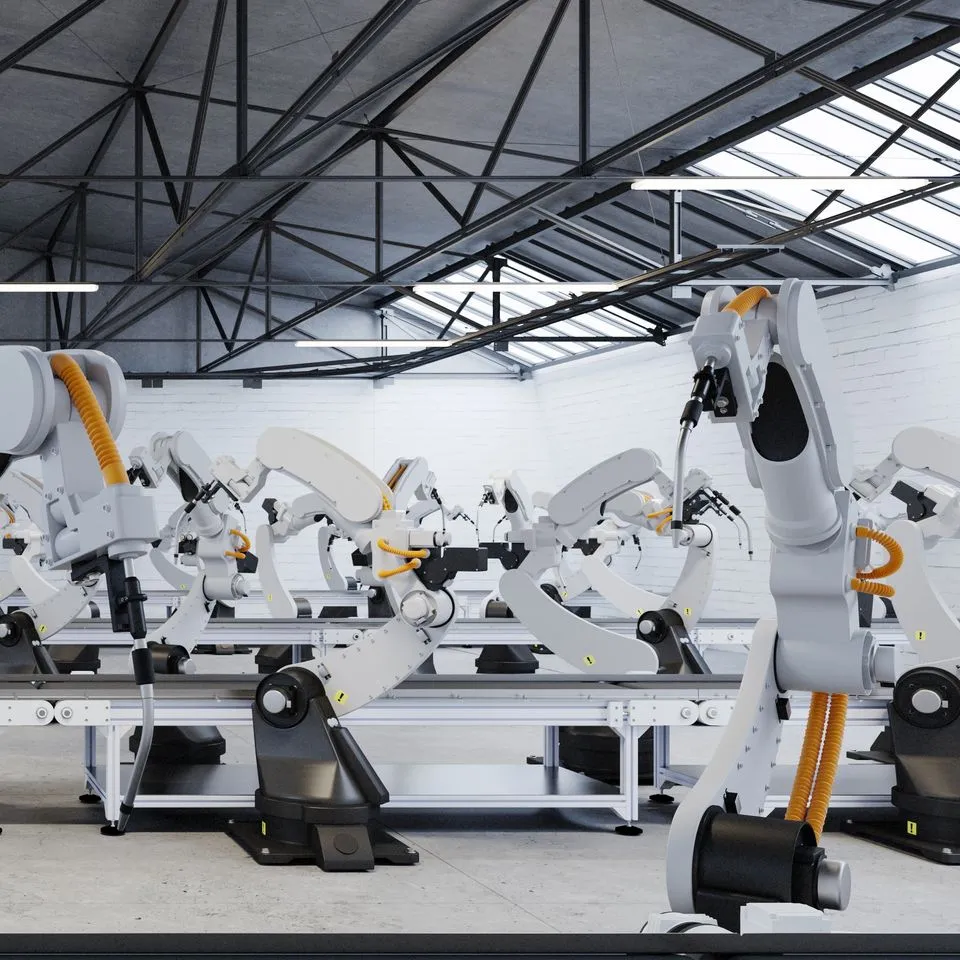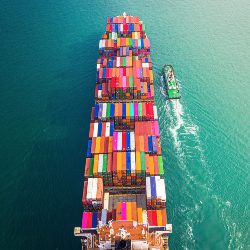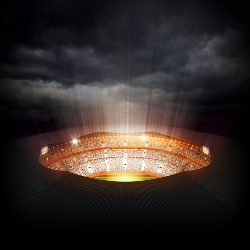Resilient and Sustainable Energy
The Faroe Islands in the Kingdom of Denmark are isolated from their nearest neighbors by hundreds of kilometers. Nevertheless, this small nation is setting an example for the entire world with its progress towards reaching an audacious goal: 100% sustainable energy by 2030. SEV is the Faroese utility company responsible for achieving the sustainability deadline while continuing to deliver power to everyone on the archipelago, 24 hours a day. Faced with the challenges of sourcing reliable, high-quality electricity while integrating multiple renewable sources and safeguarding energy security, SEV partnered with Hitachi Energy.
Challenge
Integrate the 6.3 MW Porkeri wind farm, to reduce both diesel consumption and CO2 emissions, while improving power quality
Solution
e-mesh™ PowerStore™ Battery Energy Storage (BESS) solution to maximize the use of available wind energy and help it move closer to its long-term sustainable energy goal
Outcome
SEV is owned by all the Faroese municipalities, and thereby owned by the people. SEV’s profit from the electricity sale is mostly spent on future extensions of the system.
Solution
- e-mesh™ PowerStore™ Battery Energy Storage (BESS)
Key Benefits
- Frequency variations have significantly improved.
- Wind utilization improved from 38% to 77% during the first 3 months of BESS in operation.
- Even with multiple days with only inverter-based generation (wind and PV), SEV had several days with 100% sustainable energy generation on Suðuroy, and that number continues to grow.
- The storage capability has allowed SEV to take its thermal power plant on Suðuroy temporarily offline and reduce emissions from thermal diesel generation, while powering the island using only energy derived from a mix of renewable sources that include wind, hydro, and solar.
SEV has tracked significant improvements in its power availability and quality after bringing the BESS fully online.
Let's talk energy solutions for remote communities.
Microgrids play a vital role in addressing the energy needs of remote communities, promoting sustainability, and fostering community resilience while reducing environmental impact and costs. Whether your community is in Alaska or the Pacific, contact us to learn more about how Hitachi’s energy solutions can integrate with local utilities and distributed energy sources to provide reliable, clean energy anytime, anywhere.
Contact us.
* Required Field



